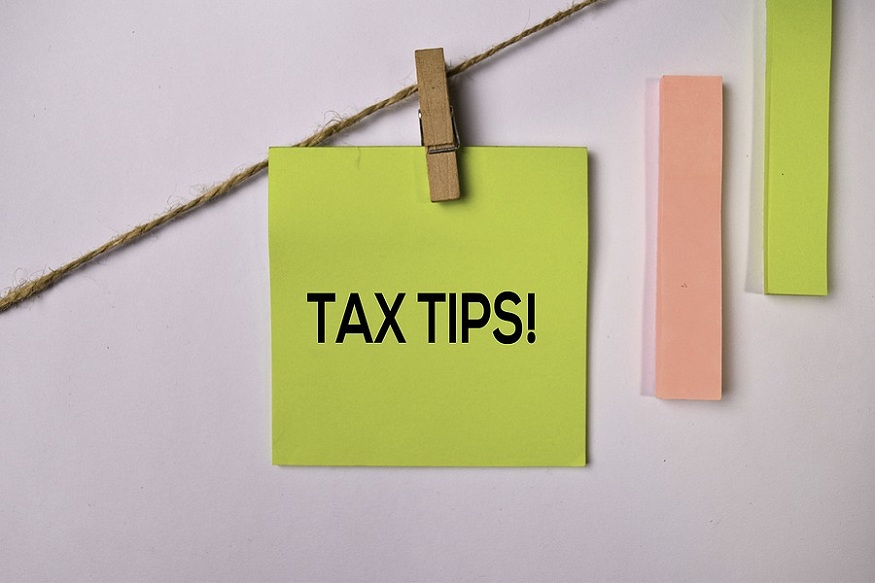
Tax tips for ecommerce business owners
The COVID-19 outbreak has left the economy still reeling over 3 years later. Only losing business and acquiring new clients rank higher in importance for 12% of small business owners than maintaining financial stability.
It should come as no surprise that taxes, a bill that appears at the conclusion of every fiscal year, rank as the second-most significant issue for UK small businesses.
If you’re launching your own online operation, you should be aware of the taxes you’ll have to pay and the deadlines for doing so.
Depending on how you’ve structured your business, these taxes may consist of:
Dividend tax, corporation tax, income tax (PAYE or self assessment), and/or National Insurance (NI) contributions.
Additionally, you may need to charge ecommerce VAT (value added tax) and finish a VAT tax return under specific conditions.
Tax Revenue
You will be responsible for paying income tax on your business profits if you launched your e-commerce venture as a sole proprietor or a limited company.
Thankfully, the tax structure for sole proprietors is pretty simple to comprehend. You must first register with HMRC for self-assessment. HMRC will utilise this website to collect your taxes.
HMRC will create your online account for the self-assessment service and email you your Unique Taxpayer Reference (UTR), a 10-digit number, when you register.
As a sole proprietor, you have to register with HMRC. You risk paying a fine if you don’t comply with this.
- Your current personal allowance for the tax year 2023–2024 as a self–employed sole trader is £12,570. Anything you make over this but less than £50,270 will be subject to a 20% income tax rate.
- You must pay the higher rate of tax, which is 40%, on earnings between £50,271 and £150,000.
- Earnings over £150,000 are subject to an extra 45% tax rate.
Through your self-assessment tax return, you must also pay Class 2 and Class 4 National Insurance contributions if you are a sole proprietor. If you have employees, you must use payroll to pay employee NI contributions.
As a sole proprietor who is self-employed, you must file a self-assessment tax return (SA100) to HMRC each year.
Corporation Tax
You must pay corporation tax if you opt to operate your online store as a limited company from the beginning.
- The profits you make after paying business expenditures and salaries are subject to corporation tax.
- It differs from income tax in that it doesn’t grant personal allowances and is applied to all profits. There isn’t a sliding scale of fees, though. You pay a fixed 19% rate for corporate tax (2023–2024).
Depending on when you registered your company, each firm will have a distinct accounting year, and this will influence when you must file your yearly accounts and company tax return with HMRC.
After the end of your company’s accounting date, you have nine months and one day to pay your corporation tax bill.
You run the risk of paying your corporation tax late, filing your return after the due date, or providing false information on your return, just like with income tax for sole proprietors.
If your limited company employs workers, you are required to pay HMRC the employer’s share of your National Insurance contributions (NICs).
Contributions from employees are automatically deducted via payroll.
VAT
If your turnover exceeds the £85,000 threshold in a rolling 12-month period, you must charge VAT on your items as an online business.
HMRC mandates that you register for VAT when you reach this threshold.
Then, you must charge VAT, or value-added tax, on the items you sell online to clients.
There are only a few exceptions:
- Electronic books
- Music downloads.
These types of goods have different VAT rules that apply to them,
The VAT rate you charge will be 20% for the majority of the goods you sell online in the UK. However, some goods are taxed at 5%, while others are zero-rated, however even these aren’t entirely VAT-free.
You must still include a zero-rated item in your sales record and VAT tax return even if it is zero-rated. You must be aware of the regulations governing paying VAT when selling into the EU if you sell to customers in Europe.
Once you register for VAT, you must include VAT in your charges. Your e-commerce website should be extremely explicit about your VAT status so that you can display pricing that include VAT.
When you are registered for VAT, you are required to charge VAT to clients at the point of sale (POS). This holds true regardless of the payment method you use, including card payments, PayPal, Klarna, Shopify, etc.
Taxes in e-commerce and dropshipping
The popularity of the dropshipping e-commerce business has increased. In essence, it enables internet sellers to sell goods without really having those goods stored.
When an online store sells to a customer, it actually buys the product from a third party, who then delivers it to the customer.
This concept offers a low-risk strategy and makes it reasonably simple for ecommerce startup enterprises to begin themselves. However, there are also tax-related concerns.
You need to understand your whole profits in terms of income tax. If you are employed in some capacity and your annual dropshipping income is less than £12,570, your total income may put you over the line.
The higher income tax band threshold follows the same rules. Your accounts must make it clear how much money you are making overall.
Then there is VAT to think about. If you are VAT-registered, as you are required to be if you hit that £85,000 threshold, it still applies at the point of sale for dropshipped items.
You can also be required to pay customs tax if you sell products online that were manufactured outside of the UK. 2.5% of the item’s value is the current rate.
Under-£135 goods are exempt from this, however items over £630 will be subject to additional tariffs.
Why Do Ecommerce Taxes Matter?
You can have more time to concentrate on expanding your online business with the correct expert guidance concerning your accounts and the taxes that your e-commerce firm will have to pay.
If you’re worried about your taxes and are looking for help, here at Itass Solutions, we’re experts in helping growing businesses ensure their taxes are all properly complied and submitted
We are also experts in Sage’s Intacct and show how growing businesses can utilise cloud accounting software to ensure they’re always on top of their game.
About us
This article was written by Itas Solutions. We’re a UK –based accounting firm specialising in Sage Intacct. If you would like to know more about Intacct and how it can help you and your CFO, we would be more than happy to demonstrate the advantages of using powerful cloud accounting software like Intacct.
Itas Solutions started off serving one client in 1995 and now services over 200 businesses across the UK. We are always available to assist our clients.
Itas is a business that our customers have trusted for more than 20 years, and we have expanded thanks to recommendations from them and IT professionals who value our educated but personalised service.
To discover more about how Itas can help your business with finance automation, Sage implementation, and increased purchasing management, contact us at info@itassolutions.co.uk, phone us at +44 (0) 1824 780 000, or send an email.




